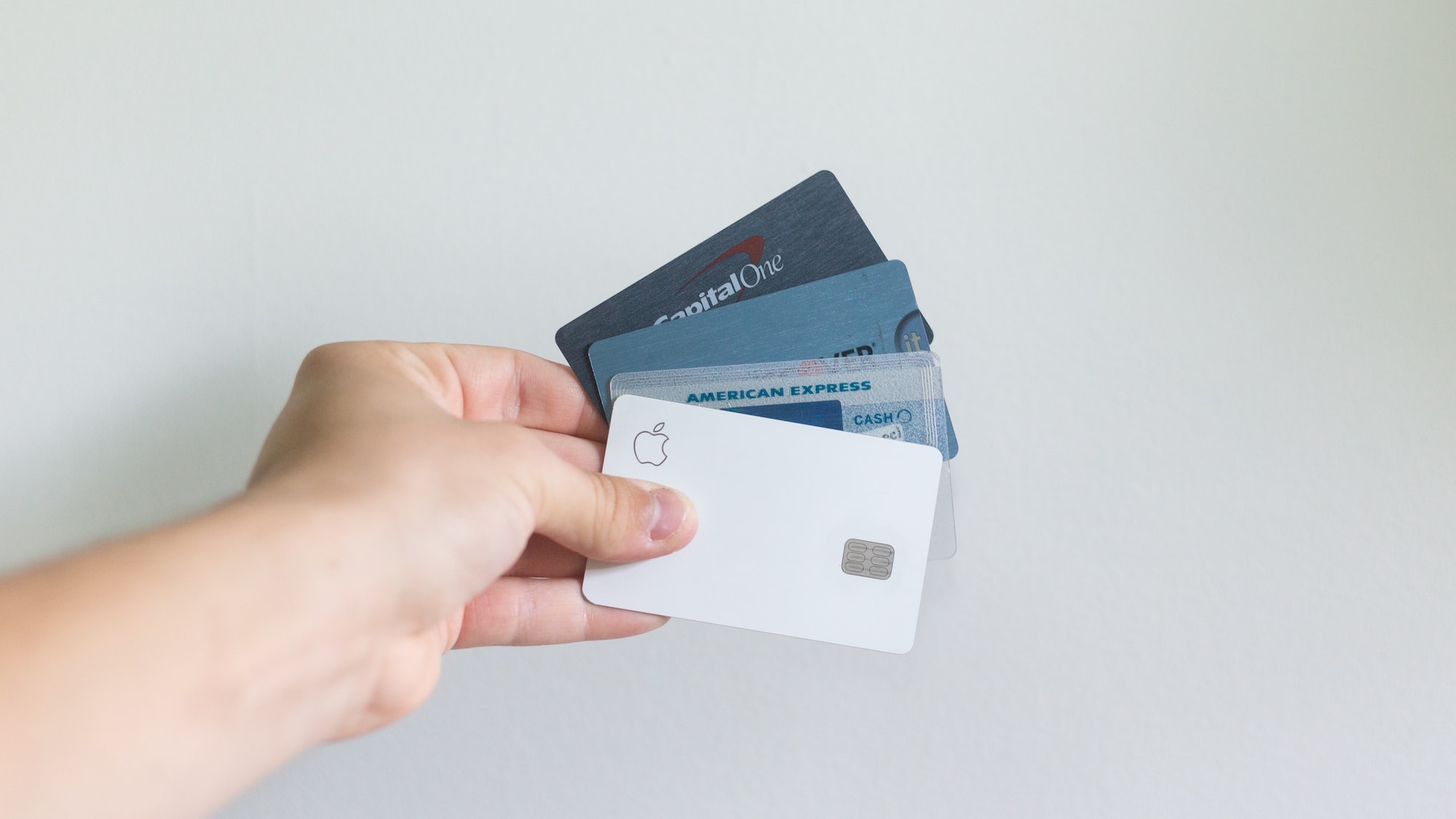Home>Finance>Hot Wallet: Definition, Types, Examples, And Safety Tips


Finance
Hot Wallet: Definition, Types, Examples, And Safety Tips
Published: December 6, 2023
Discover the definition, types, and examples of hot wallets in finance, along with essential safety tips to protect your digital assets.
(Many of the links in this article redirect to a specific reviewed product. Your purchase of these products through affiliate links helps to generate commission for LiveWell, at no extra cost. Learn more)
Hot Wallet: Definition, Types, Examples, and Safety Tips
In today’s digital era, finance and technology have merged to create new ways of managing our money. One such innovation is the hot wallet, a digital wallet that allows users to store and access their cryptocurrencies conveniently. But what exactly is a hot wallet, and why is it important to understand its types, examples, and safety tips? Let’s delve into the world of hot wallets, and discover how to keep your digital assets secure.
Key Takeaways:
- A hot wallet is a type of digital wallet used to store and manage cryptocurrencies.
- There are various types of hot wallets, including online, mobile, and desktop wallets.
Definition
A hot wallet is a digital wallet that is connected to the internet, allowing users to access their cryptocurrencies conveniently. Unlike cold wallets, which store cryptocurrencies offline, hot wallets are always connected to the internet, making them more vulnerable to hacking attempts. However, hot wallets offer greater accessibility and are ideal for users who frequently engage in cryptocurrency transactions.
Types of Hot Wallets
There are different types of hot wallets available, each catering to the specific needs of users. Here are the most common types:
- Online Wallets: Online wallets are cloud-based wallets that allow users to access their cryptocurrencies through a web browser. They are convenient and easy to use but require users to trust a third-party service provider with the security of their funds.
- Mobile Wallets: Mobile wallets are applications installed on smartphones or tablets, allowing users to manage their cryptocurrencies on the go. They provide a high level of convenience but require users to ensure the security of their device.
- Desktop Wallets: Desktop wallets are software programs installed on personal computers, enabling users to store and manage their cryptocurrencies. They offer more control and security but require users to take precautions against malware and hacking attempts.
Examples of Hot Wallets
Here are a few examples of popular hot wallets:
- Blockchain Wallet: As one of the most widely used hot wallets, Blockchain Wallet offers online and mobile wallet options, allowing users to manage their cryptocurrencies with ease.
- Electrum Wallet: A popular choice for desktop wallets, Electrum Wallet provides a user-friendly interface and advanced security features for storing and managing cryptocurrencies.
- Exodus Wallet: With its intuitive design and support for multiple cryptocurrencies, Exodus Wallet is a highly regarded hot wallet option for both desktop and mobile platforms.
Safety Tips for Hot Wallet Users
As hot wallets are constantly connected to the internet, it is essential to take steps to ensure the security of your digital assets. Here are some safety tips for hot wallet users:
- Use Strong Passwords: Create complex and unique passwords for your hot wallet accounts to minimize the risk of unauthorized access.
- Enable Two-Factor Authentication: Implement two-factor authentication whenever possible, adding an extra layer of security to your hot wallet accounts.
- Regularly Update Software: Keep your hot wallet software updated to benefit from the latest security patches and enhancements.
- Backup Your Wallet: Regularly back up your hot wallet to an external storage device or paper wallet, ensuring you have access to your funds even if something happens to your device.
- Be Wary of Phishing Attempts: Stay vigilant against phishing attacks by double-checking website URLs and avoiding suspicious links or emails.
In conclusion, hot wallets are a convenient way to manage and access cryptocurrencies, but it’s crucial to understand their types, examples, and safety tips to protect your valuable digital assets. By using strong passwords, enabling two-factor authentication, updating software regularly, backing up your wallet, and staying cautious against phishing attempts, you can enhance the security of your hot wallet and enjoy the benefits of the digital revolution in finance.














